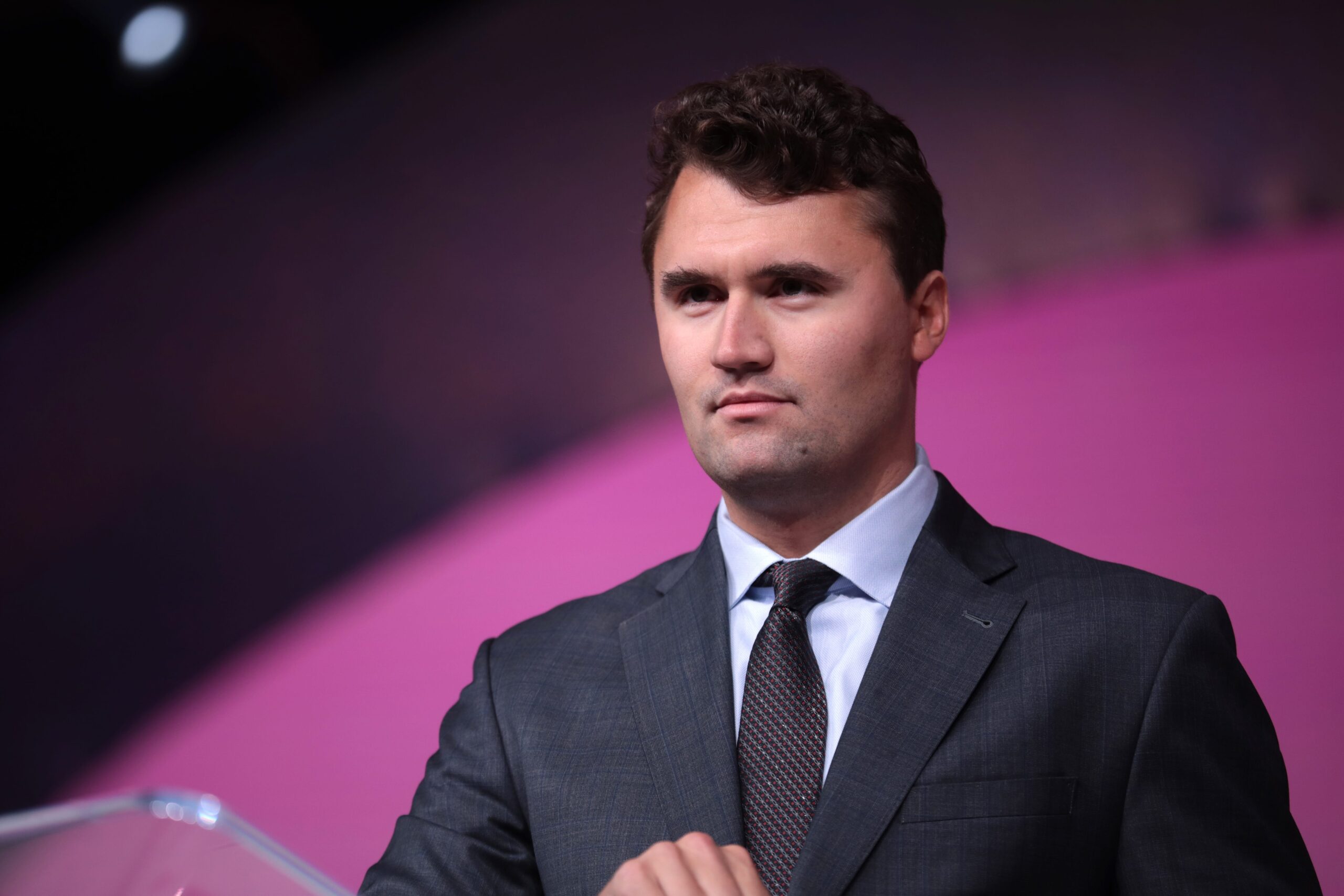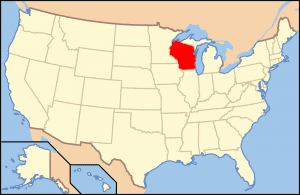
Charlie Kirk’s assassination has sparked an unprecedented wave of university staff dismissals across America. Multiple institutions have fired or suspended employees who posted inappropriate or insensitive comments on social media.
The death of the 31-year-old Turning Point USA co-founder last week led to disciplinary action against at least a dozen faculty and staff members at colleges nationwide. Universities in red states acted swiftly. Clemson University suspended an employee, Cumberland University removed two staff members, and Middle Tennessee State University fired a staff member for making “inappropriate and callous” comments. Florida Atlantic University put an art history professor on leave after officials cited “repeated comments” about Kirk’s assassination. Kirk’s organization, Turning Point USA, which launched in 2012, had grown to cover more than 800 college campus chapters and 1,000 high school clubs before his death.
Universities Fire Staff Over Charlie Kirk Social Media Posts
Universities across the nation have taken disciplinary action against staff members who posted controversial social media comments about Charlie Kirk’s assassination. Many acted fast to remove employees whose posts they considered inappropriate.
Clemson University Suspends Employee After Online Backlash
Clemson University suspended an employee last Saturday for posting “inappropriate social media content” about Kirk’s death, and fired them by Monday. The university also removed two faculty members from their teaching roles as it investigated grounds for termination. South Carolina Attorney General Alan Wilson and other Republican lawmakers pressured the university heavily. Wilson assured Clemson it had “full legal authority” to act against faculty who posted “vile and incendiary” comments. Clemson College Republicans started the controversy by highlighting posts from three university employees – the university’s asbestos program manager and two assistant professors.
Middle Tennessee State and Mississippi Take Swift Action
Middle Tennessee State University (MTSU) fired Assistant Dean of Students Laura Sosh-Lightsy because of her comments about Kirk which spread across social media. Sosh-Lightsy posted, “Looks like ol’ Charlie spoke his fate into existence. Hate begets hate. ZERO sympathy,” and stood by her comments when others challenged her. MTSU’s President Sidney McPhee explained that her role required students to see her as “fair and even-handed, a professional without agendas”. The University of Mississippi also fired an employee who “re-shared hurtful, insensitive comments” about Kirk’s murder.
Florida Atlantic and Cumberland University Confirm Terminations
Cumberland University in Lebanon, Tennessee, fired Dr. Michael Rex and Max Wood for making “inappropriate comments” online. Rex had posted “Karma is beautiful” about Kirk’s death. President Paul Stumb said “this decision was not made lightly” and came after a complete investigation. Florida Atlantic University placed a tenured professor on administrative leave as they investigated their social media posts about Kirk. The University of Miami fired Dr. Michelle Bravo after she posted a comment that referenced Kirk’s support for Israel and ended with “The chickens have come home to roost”.
Republican Leaders Pressure Colleges to Act
Republican lawmakers nationwide have launched a fierce campaign to remove university employees who commented about Charlie Kirk’s death. Some have threatened to cut funding from those they view as slow to act.
Lindsey Graham and Nancy Mace Call for Firings
Senator Lindsey Graham (R-S.C.) dismissed free speech arguments outright. “Free speech doesn’t prevent you from being fired if you’re stupid and have poor judgment”. Graham called Kirk’s killing “an attack on a movement by using violence,” which she said reflected the Republican viewpoint on the whole ordeal.
Representative Nancy Mace (R-S.C.) pushed to cut federal funding from schools that “refuse to remove or discipline staff who glorify or justify political violence”. She asked the public to send her information about employees who might be celebrating Kirk’s death, with Clemson University as her main target.
House Judiciary Republicans Threaten Defunding
The situation intensified when House Judiciary Republicans publicly demanded “Defund Clemson” after the university condemned political violence while defending constitutional principles. The threat came even after Clemson suspended employees and started looking into “inappropriate social media content”.
Turning Point USA Amplifies Public Outrage
Conservative voices with massive followings joined the fray. Laura Loomer and Libs of TikTok’s Chaya Raichik shared screenshots of controversial posts and demanded action. Senator Marsha Blackburn (R-Tenn.) singled out a Middle Tennessee State University assistant dean who wrote on Facebook that Kirk “spoke his fate into existence”.
A new website called the “Charlie Kirk Data Foundation” now tracks people who allegedly celebrated the shooting. Conservative commentator Steve Bannon made his stance clear about those who posted about Kirk’s death: “Fire Them All, and Fire Them Now”.
Free Speech Advocates Challenge University Decisions
Civil liberties groups stand against the wave of university dismissals. They believe universities sacrifice fundamental rights to free expression because of political pressure.
ACLU and PEN America Warn of Intimidation Tactics
The South Carolina chapter of the American Civil Liberties Union (ACLU) sees this campaign against university employees as “intimidation tactics.” They call it a “targeted campaign of harassment” against teachers, professors and public servants who made “political statements published in their personal capacity”. Allen Chaney, the chapter’s legal director, wants educational institutions to “model the tolerance for upsetting speech that is demanded by the first amendment”. PEN America also speaks against firing journalists and university staff. They warn these actions create a “chilling effect” on free expression at the time “open debate is urgently needed”. William Johnson, PEN America’s Florida director, believes protecting free expression during crises “is not a luxury; it is a core responsibility of educational institutions”.
Faculty Unions Defend Employees’ Right to Private Expression
United Campus Workers of Mississippi states that employees should have their private lives outside work. This includes their right to share thoughts on social media. The union managed to keep its position that employees should speak without fear of retaliation on public matters as private citizens. The American Association of University Professors (AAUP) raised alarm about recent administrative actions to discipline faculty, staff, and student speech after Kirk’s death. The organization reminded university leaders about their duty to protect academic freedom. They emphasized that faculty should get hearings “under long-standing principles before they may be subject to discipline”.
Critics Highlight Hypocrisy in Punishing Speech
Kirk’s own support for free speech makes punishing expression seem contradictory to many commentators. “Charlie Kirk was a champion of free speech and anyone who says otherwise will be fired,” wrote Judd Legum, editor of Popular Information, in a mocking post that showed this disconnect. Journalist Jamelle Bouie points out that “it doesn’t make any logical sense… to hold up Kirk or anyone as a defender and promote free speech, and then in the next breath threaten people for not speaking the correct way”. Will Creeley, a free speech advocate, believes that “the whole purpose of the First Amendment is to allow us to disagree on simple conceptions of what is good and what is true”.
Legal experts Explain Limits of Employee Protections
Legal experts see a clear divide between how public and private sector employees are protected when it comes to speech, as more people face firing after Kirk’s death.
Private Employers’ Rights Under At-Will Employment
Most U.S. states follow “at-will” employment rules. This lets employers fire workers for almost any reason, including what they say online. Private sector employees have nowhere near enough legal protection against punishment for their social media posts. “The First Amendment does not apply in private workplaces to protect employees’ speech,” says attorney Andrew Kragie. Constitutional protections actually help employers make staffing choices based on what their employees say.
State-By-State Differences in Off-Duty Speech Laws
Federal protections might be limited, but your location affects your rights by a lot. Eight states—California, Louisiana, Minnesota, Missouri, Nebraska, Nevada, South Carolina, and West Virginia—protect political activity from employer pushback. Five states (Colorado, North Dakota, Montana, Connecticut, and New York) don’t allow discrimination based on legal off-duty behavior. All the same, these laws usually let companies act if someone’s speech hurts business or damages their reputation.
Implications for Academic Freedom and Workplace Policy
Public employees, especially university faculty, get better protection. The American Association of University Professors points out that “faculty are entitled to hearings under long-standing principles before they may be subject to discipline”. Courts mostly side with employers who claim employee speech would disrupt work. Company policies about political expression matter more than ever now, and many organizations are taking a fresh look at their rules.
Conclusion
Universities continue to grapple with the aftermath of Kirk’s death. They must balance employee rights against growing public pressure. Schools in multiple states face ongoing investigations, and many have started to review their social media policies.
Utah Valley University leaders sent a reminder to their faculty about political expression guidelines. Four more cases related to staff comments about Kirk have surfaced at Midwestern schools.
University presidents face a tough balancing act. They need to protect academic freedom while addressing concerns from donors, alumni, and state legislators. Several university boards have called emergency meetings to review their response protocols.
The situation has sparked new conversations about personal and professional expression in academia. Faculty senate leaders want clearer rules that respect the deceased and protect constitutional speech rights.
Education advocacy groups have started creating guides for schools. These resources help institutions navigate the complex intersection of social media, political division, and employment law. The long-term impact on campus speech protections remains unclear.












